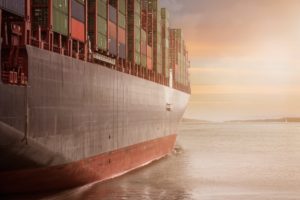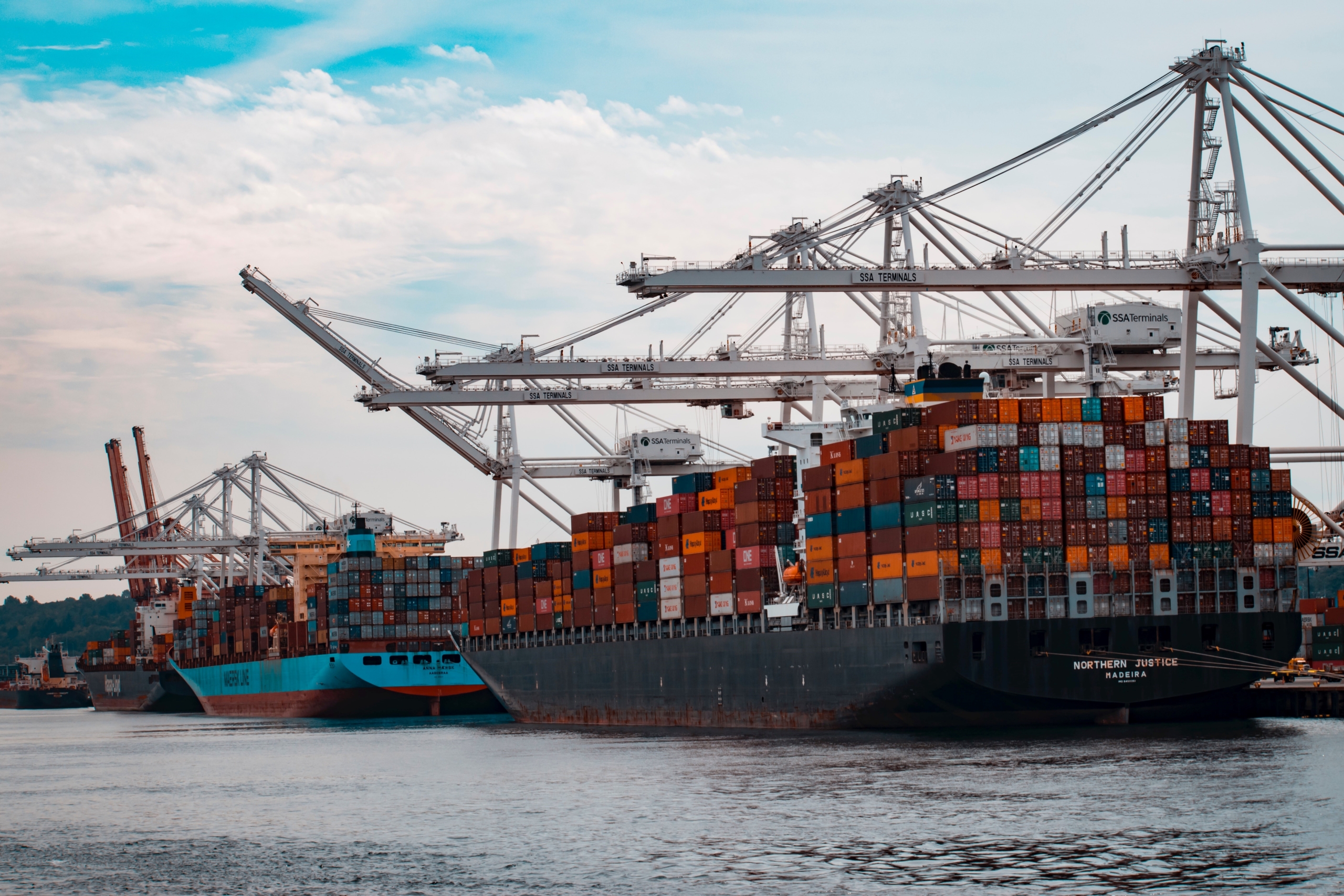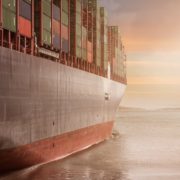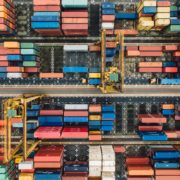Update: Covid-19 Disruptions
Covid-19 continues to play havoc with Global Supply Chains with various starts and stops throughout the world. Here are the latest updates on from our friends at Everstream Analytics, who monitors and produces these weekly summaries of supply chain impacts due to the ongoing COVID-19 pandemic.
The update is provided free-of-charge to the industry.

- In China, authorities shut down Nanjing Lukou International Airport due to a COVID-19 outbreak among its workforce. The airport may be facing increasing congestion due to the closure.
- Across the city of Nanjing, officials also set up more than 60 checkpoints to control the flow of all vehicles and people between Nanjing and other provinces amid the COVID-19 outbreak.
- In Vietnam, Ho Chi Minh City imposed a 12-hour curfew starting July 26 to curb rising COVID-19 cases. Meanwhile, authorities in Hanoi have announced a two-week lockdown until August 8 to control a surge of COVID-19 cases.
- Authorities in Bangladesh have re-imposed a countrywide shutdown to stem a new tide of COVID-19 infections after a weeklong recess due to the Eid al-Adha festival. The restrictions will last until August 5 and affect people movements as well as manufacturing, including in key sectors such as garment and textile.
- In Australia, authorities announced the end of a lockdown in the state of Victoria from July 28, while restrictions in New South Wales would be extended for four weeks.
- The President of South Africa announced that lockdown regulations were eased from July 25 as the country moved to adjusted level 3 lockdown. While interprovincial travel and larger outside gatherings have been allowed once again, a nightly curfew remained in place.
- Authorities in the Dominican Republic re-imposed a nationwide nightly curfew amid rising COVID-19 infections. Exemptions remained in place for those providing essential services.
- Similarly, the government of Honduras extended a nationwide curfew until at least August 1 to control the COVID-19 outbreak.
Please reach out if you need support navigating this difficult and uncertain times. ICC is here to help.








